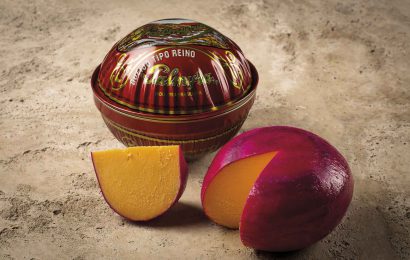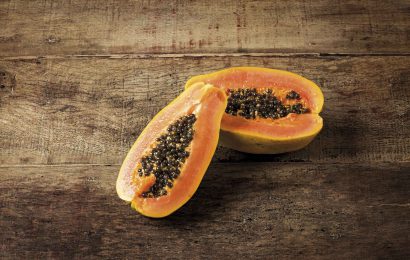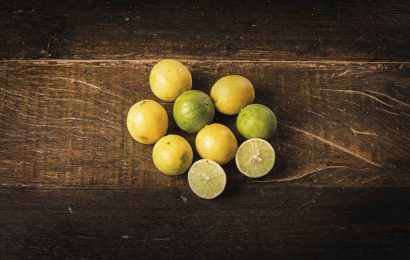It was in an attempt to release the stress of the routine of the newsroom, where he dealt with “dry facts of everyday” – as he puts it –, that 50 years old paulistano Luiz Américo Camargo started to dedicate himself to food and drink universe, a subject he already adored, but treated at that time as a hobby.
For personal taste, he began to study about wine and, following up, discovered the pleasure of homemaking bread, from organic to natural fermentation. After two decades of research, looking for a few books available, “in a era before the Internet and Google”, he says, traveling, taking occasional classes and posing questions to friends like Rogerio Shimura and Raffaele Mostaccioli, and, mostly, after spending a lot of wheat flour, Luiz Américo became of the the finest specialists in homemade breadmaking – author of a reference book in the country, ‘Pão Nosso’ (Panelinha/Senac, 2013).
Committed to transforming his passion into a professional path, in late 2003 the journalist began to review restaurants at Jornal da Tarde (newspaper extinct in 2012). The following year, at the same place, he was involved in the creation of a new section, Divirta-se focused on entertainment. Already in 2005, he was one of the founders of Paladar, a weekly food section at the newspaper O Estado de São Paulo, a reference until this day. From this, Paladar Cozinha do Brasil came to be, the first event dedicated exclusively to national food riches, which took place from 2006 until 2015. A summary of this trajectory appears in the book ‘Eu Só Queria Jantar’, published in July, 2018 (CLA).
Three years ago, Luiz Américo put journalism aside and has been working as a gastronomic consultant of restaurants and, mainly, curating events, such as Taste of São Paulo – a food festival that takes place in 17 cities around the world, in its third edition in São Paulo. Meanwhile, he is keenly dedicated to artisan breadmaking, teaching (he is one of the teachers of free courses at Instituto Brasil a Gosto) and doing lectures, as well as finishing his next book, due to be released in the first quarter of 2019.
His newest challenge is taking the position of institutional relations consultant at Instituto Brasil a Gosto, a task he deals with enthusiasm: “We’ve evolved a lot, but there is still a lot to develop, bring consciousness and make progress in all the food chain: producers, professionals of food and beverage sector, the diner, the press. Peru is a great example for us, a country that is not the birthplace of the food culture known worldwide, such as Italy or France, but made a gastronomic revolution. We will also make it, but our way, and in our time.”



